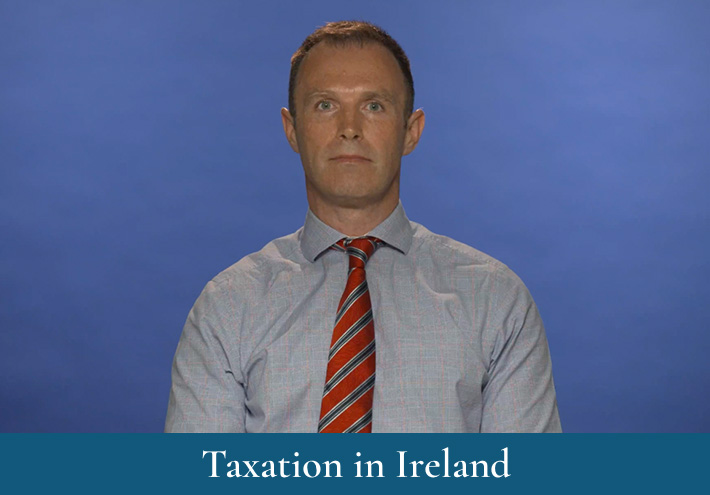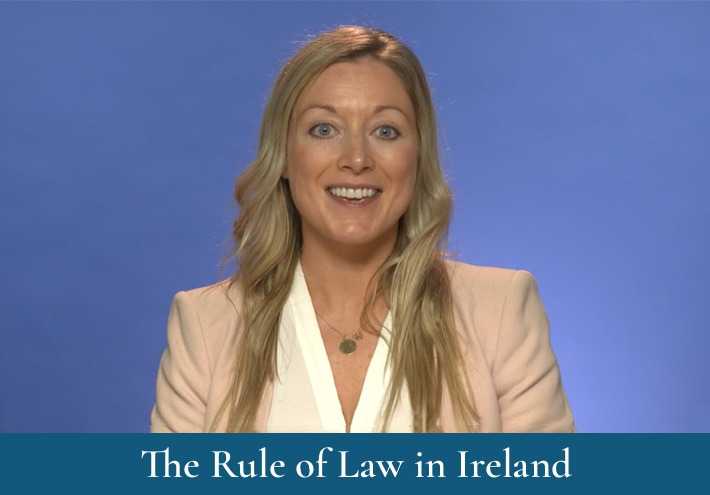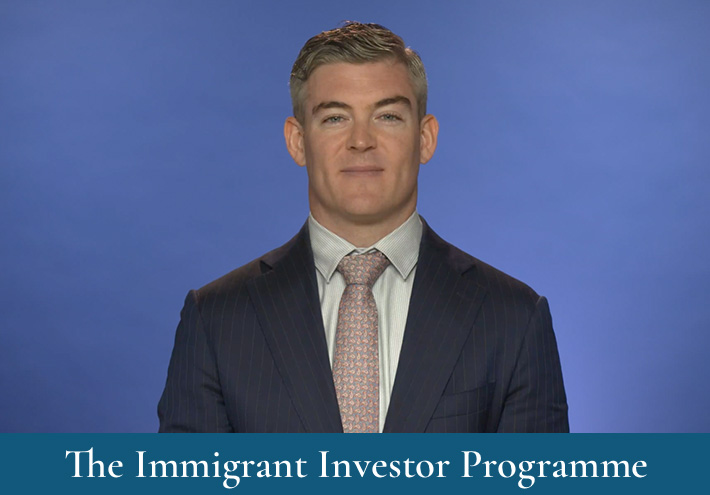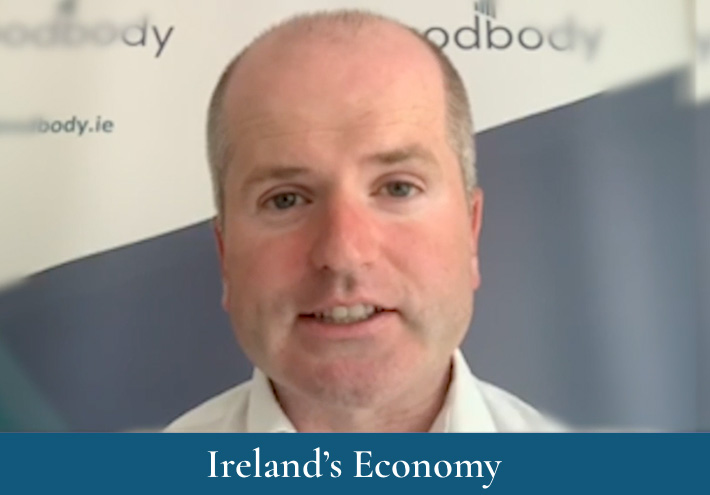This is a summary on Irish tax residency and taxation of Irish source income. An individual is regarded as Irish tax resident for a given tax year if he or she spends 183 days or more in Ireland during the tax year, or 280 days or more in Ireland in the current tax year and the previous tax year.
With regard to the taxation of non-residents, Ireland subjects non-resident individuals to Irish income tax on certain Irish source income only, however, there are a large number of exemptions available, depending on the type of income and whether the recipient of the income is resident in a country with which Ireland has a double tax treaty.
While every investment opportunity is different, and investors should always obtain independent tax advice, in our experience, investments which involve the provision of loan finance to property development groups do not generally result in a non-resident investor being subject to Irish tax on any interest income earned and the interest can generally be paid without deduction of Irish withholding tax where the investor is resident in a country with which Ireland has a double tax treaty. The interest income may be taxable in the recipients home country. There is a link on this website to Irish Revenue, where a full list of countries who have a double tax treaty with Ireland can be found.






